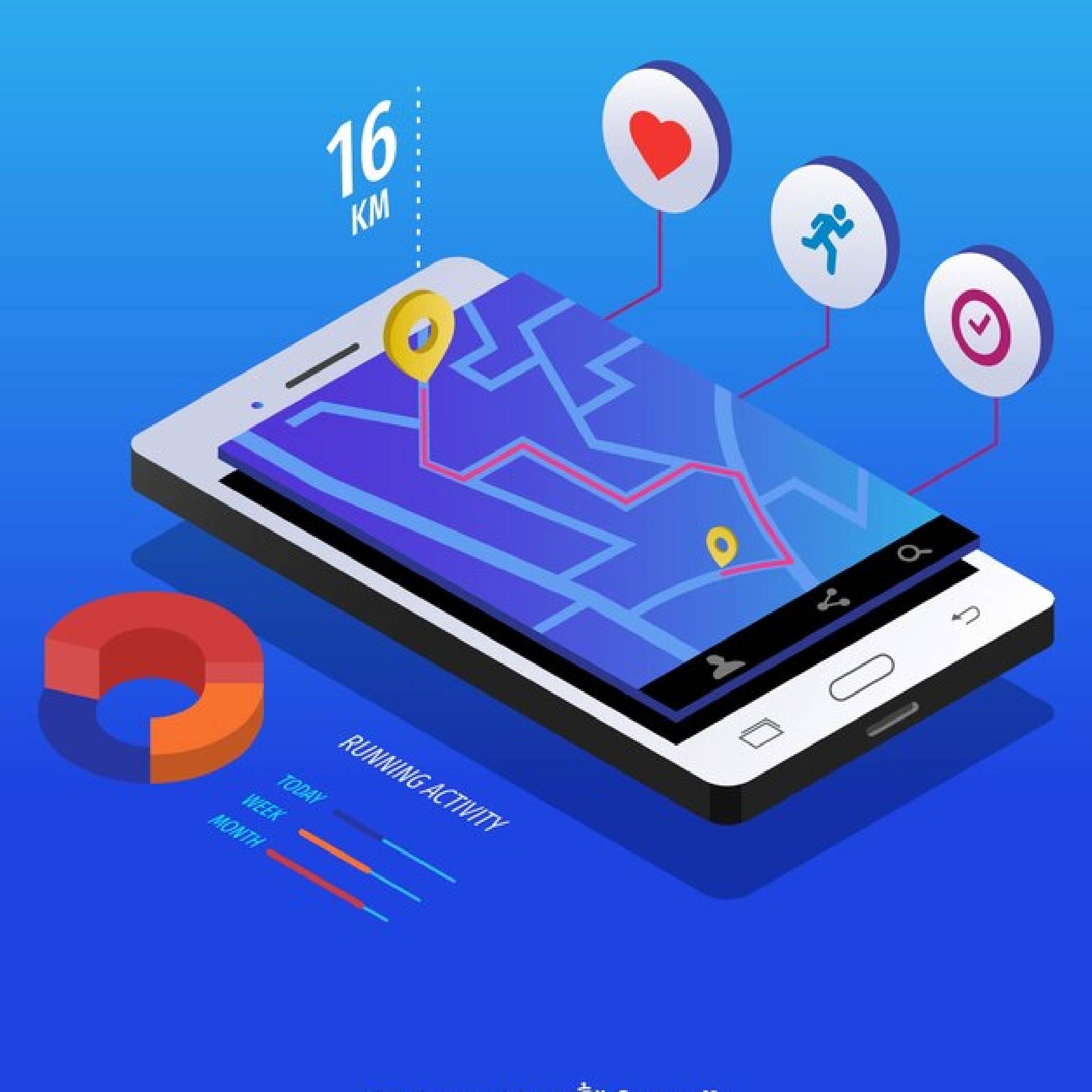In the rapidly evolving field of information technology, ethical considerations have become increasingly complicated and crucial.
With the proliferation of big data, artificial intelligence, and cybersecurity challenges, the industry is rife with ethical minefields that require careful navigation.
From privacy concerns to the impact of technology on society, ethical dilemmas in information technology demand thoughtful analysis and responsible decision-making.
As technology continues to reshape our world, understanding and addressing these ethical challenges is paramount for both individuals and organizations in the IT sector.
Core IT Ethical Considerations
Core IT ethical considerations center around privacy, security, and responsible use of technology. Privacy entails the protection of individuals’ personal data and the transparent handling of information.
This involves obtaining consent for data collection, ensuring secure storage and processing, and respecting individuals’ rights to control their data. Security involves safeguarding systems, networks, and data from unauthorized access, breaches, and cyber-attacks.
It encompasses implementing robust security measures, regularly updating software, and following best practices to mitigate risks. Responsible use of technology involves considering the potential impact of IT solutions on individuals, society, and the environment.
This requires using technology to benefit society, avoiding harm or exploitation, and considering the long-term consequences of technological developments.
Adhering to ethical considerations in IT also involves being transparent and accountable for the design, implementation, and outcomes of technological solutions. Emphasizing ethical considerations in IT ensures that technology serves the common good while respecting individuals’ rights and dignity.
The Human Factor
The human factor is central to the discussion of ethical decision-making in the IT industry. It highlights the importance of human judgment, values, and ethical considerations in technology development, implementation, and usage.
The article explores how human decision-making, biases, and ethical considerations can significantly impact the development and use of technology, emphasizing the need for ethical awareness and responsibility in the IT field.
Accountability & Transparency
In this article “Navigating the Ethical Minefield in Information Technology,” accountability emphasizes the responsibility of individuals and organizations for their actions, decisions, and their impact on others.
Transparency is the principle of operating in an open and clear manner, ensuring that information and actions are easily accessible and understood by all stakeholders.
In the context of information technology, these principles are essential for maintaining ethical standards, fostering trust, and upholding integrity in the handling of data, technology development, and decision-making processes.
Ethical Decision-Making Frameworks in IT
Ethical decision-making frameworks provide a structured approach for individuals and organizations to navigate complex moral dilemmas.
One common framework is the “principles-based approach,” which involves identifying and applying ethical principles such as honesty, fairness, and respect for others.
Another common framework is the “consequentialist approach,” which emphasizes evaluating the potential outcomes of a decision and choosing the option with the most favorable consequences.
The “virtue ethics approach” focuses on developing moral character traits such as compassion, integrity, and wisdom to guide decision-making. Additionally, the “rights-based approach” prioritizes the protection of fundamental human rights in decision-making processes.
Ultimately, ethical decision-making frameworks serve as tools to help individuals and organizations uphold ethical standards and navigate challenging ethical situations in a deliberate and principled manner.
Future Challenges & Ethical Foresight
As information technology continues to rapidly advance, the future presents numerous challenges and ethical considerations that must be carefully navigated.
One of the key challenges is the ethical use of artificial intelligence (AI) and machine learning. As these technologies become more sophisticated, there is a growing concern about the potential for biases and discrimination in decision-making processes.
Ensuring that AI systems are developed and used in a way that respects and upholds ethical standards will be crucial in the future.
Another challenge is the protection of personal data and privacy in the digital age. With the increasing amount of sensitive information being collected and used by companies and governments, there is a pressing need to establish and enforce robust data protection regulations.
Balancing the benefits of data-driven technologies with the ethical implications of data collection and use will be an ongoing challenge. Furthermore, the rise of cybersecurity threats and the potential for misuse of technology pose significant ethical challenges.
Ensuring the security and integrity of systems and information, while also respecting individuals’ rights and freedoms, will require careful ethical foresight and decision-making.
Ethical foresight will involve considering the long-term consequences of technological advancements and anticipating potential ethical dilemmas before they arise.
This may require interdisciplinary collaboration between technology experts, ethicists, policymakers, and other stakeholders to develop ethical frameworks and guidelines for the responsible use of technology.
Moreover, promoting ethical awareness and education will be crucial in preparing the next generation of technologists and decision-makers to navigate the complex ethical landscape of information technology. Emphasizing the importance of ethical reasoning, empathy, and social responsibility in technology education and training programs can help foster a culture of ethical awareness and accountability in the technology industry.
Conclusion
In conclusion, navigating the ethical minefield in information technology requires a proactive and conscientious approach.
As technology continues to advance at a rapid pace, the ethical considerations surrounding its use and development will only become more complex. It is imperative for IT professionals and organizations to prioritize ethical decision-making, transparency, and accountability.
By incorporating ethical principles into every aspect of technology design, implementation, and use, we can create a more responsible and sustainable IT landscape.
Only with a steadfast commitment to ethical integrity can we effectively harness the incredible potential of technology while safeguarding the wellbeing and rights of individuals and society.

